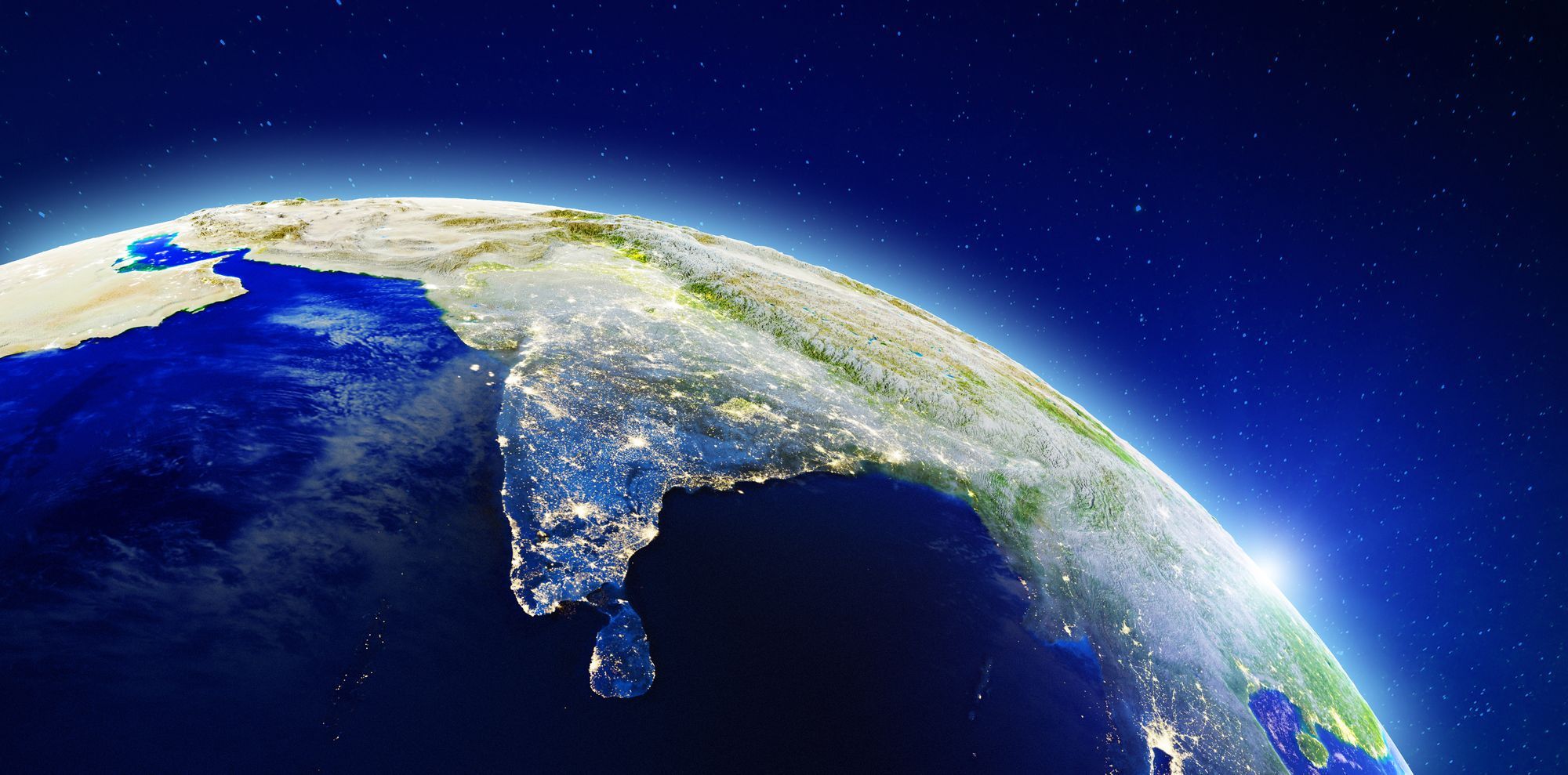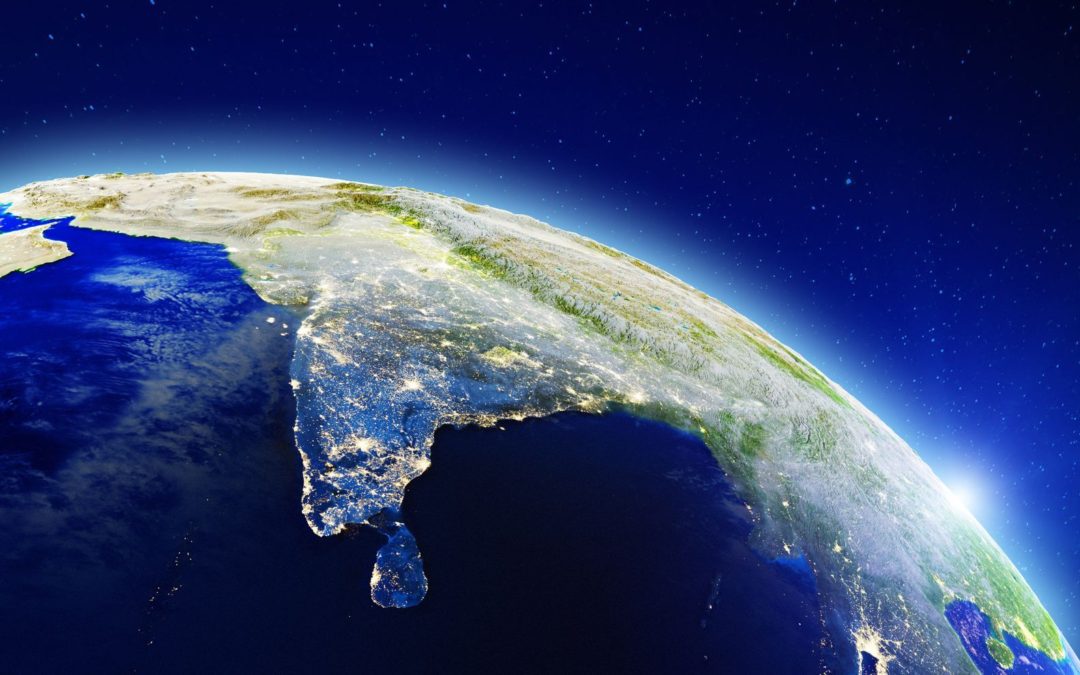
The country is noted for its progress in achieving the environmental goals of the famous Paris Agreement. Neither China, the United States, Japan nor Russia are moving as fast.
“Right now we are the only country out of these five that is doing what we have agreed on,” said India’s Prime Minister Prakash Javadekar, who is in charge of several ministries in the country. He stated this during an interview with the Bloomberg Terminal. The Minister uses the term ” walk the talk ” – that you do what you have agreed to do, not just talk. Between the lines, one suspects that he expected more from developed countries.
“We have already reduced the intensity of emissions in relation to GDP by twenty-one percent.” (Compared with the level in 2005.) The target is a 30 to 35 percent reduction in relation to GDP by 2030. India is in the process of switching to cleaner energy sources.
But what does he say about fossil fuels, about India’s use of coal? Renewable energy sources such as solar energy are of course high on the agenda, not least considering that solar cells, for example, show a fantastic development – but to cope with the country’s GDP development, you also need to invest in cleaner coal power, so-called coal-to-liquid solutions. (Also called coal liquefaction )
Javadekar reminds that India’s economy is growing – must grow – to create a higher and better distribution of welfare throughout the country: “India’s per capita energy consumption is at one tenth of the level of developed countries”. He opposes that developed countries expect India to refrain from development, that India would indirectly pay for environmental effects that developed countries have already created.
He is sometimes asked if India could not do even more, and then points out that the agreement is a global commitment, that India can not shoulder so much.
Prakash Javedakar is looking forward to the meeting with other countries in 2023, when a reconciliation of progress with other countries will be made – ” global stocktake “.
The Indian state is currently investing six billion dollars in projects for cleaner use of coal:
“By investing in cleaner technology, we will achieve the climate goals by 2030. Our citizens have the right to development and we want to create cleaner development.”
In addition, the country is investing in the restoration of twenty-six million hectares of land and has so far increased the country’s forest areas by fifteen million square kilometers. Additional points can be found here .
Maybe a super minister is the right way to go? Towards 2030, India will probably overtake Germany as the world’s fourth largest economy .
Let the future come faster!
Note:
- Emissions in relation to GDP refers to the ratio between emissions in tonnes of carbon dioxide per unit of GDP. See information for Sweden here .





